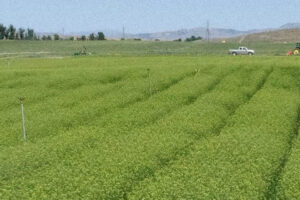
Yield10 and BioMar to commercialize omega-3 oil made from camelina
BioMar and Yield10 are set to commercialize a camelina crop containing enriched levels of EPA and DHA on par with fish oil.
New partnership aims to develop a more sustainable aquafeed with Calanus finmarchicus, a tiny marine copepod rich in essential nutrients.

BioMar and Yield10 are set to commercialize a camelina crop containing enriched levels of EPA and DHA on par with fish oil.
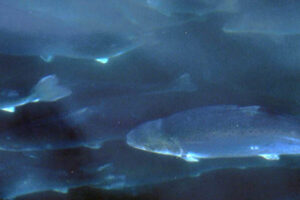
SINTEF researchers are exploring if salmon sludge could be used to rear bristle worms – a potential alternative fish feed ingredient.

Full Circle Biotechnology of Norway and HydroNeo of Thailand team up to make a high-protein, low-carbon feed for the aquaculture industry.
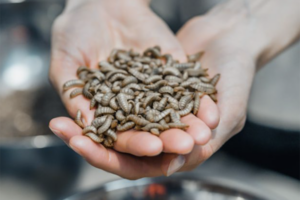
Nofima researchers say that recent feeding trials show insect meal and a byproduct of black soldier fly processing can help salmon grow well.
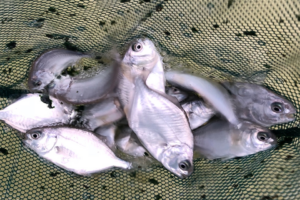
Amino acid requirements need to be evaluated in Florida pompano diets involving more plant proteins, in order to create cost-efficient feeds.
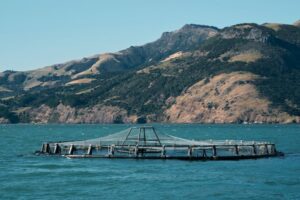
The Sustainable Fisheries Partnership aims to better understand, measure and reduce the environmental and carbon footprint of aquafeeds.
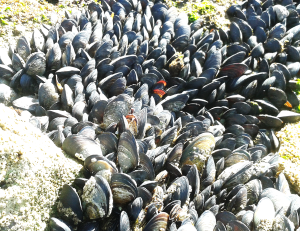
Brown mussel meal at inclusion levels of 1.73–2 percent is a potential additive in L. vannamei shrimp diets to promote growth and reduce FCR.
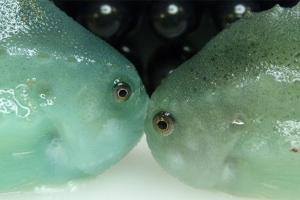
A Nofima trial explores whether whole or processed lumpfish can boost the appetite and feed intake in small king crabs.
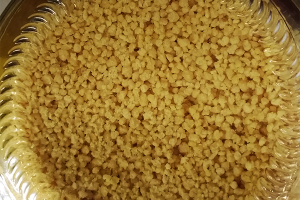
Soy lecithin phospholipids can be vital to improve the growth of Nile tilapia at suboptimal temperatures and offer an approach for new ingredients.
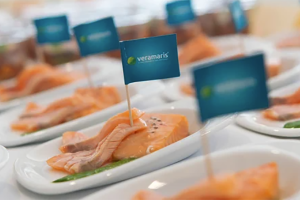
Data analysis from 232 million fish and 99 farms reveals the benefits of higher dietary EPA and DHA levels in salmon feed.
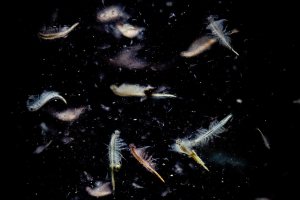
Scotland-based Aquanzo believes marine protein does not need to be replaced – it needs to be reproduced, starting with artemia.
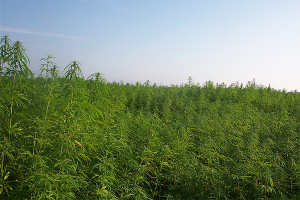
A team of Scottish researchers will trial hemp protein's impact on the health and well-being of Atlantic salmon (Salmo salar) farmed in Scotland.
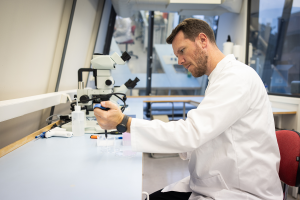
Stian Borg-Stoveland of the University of Agder says Norway’s priority when developing salmon feed is alternative ingredients for oils and proteins.
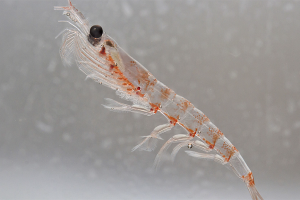
The F3 Krill Replacement Challenge will find krill replacements that result in good growth, feed conversion and survival for Atlantic salmon.
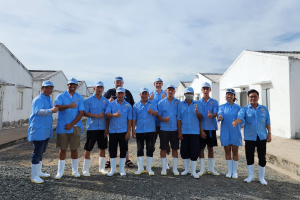
The feed additive outperformed a control diet – with larger animals and 25 percent greater survival – as well as a benchmark commercial feed.